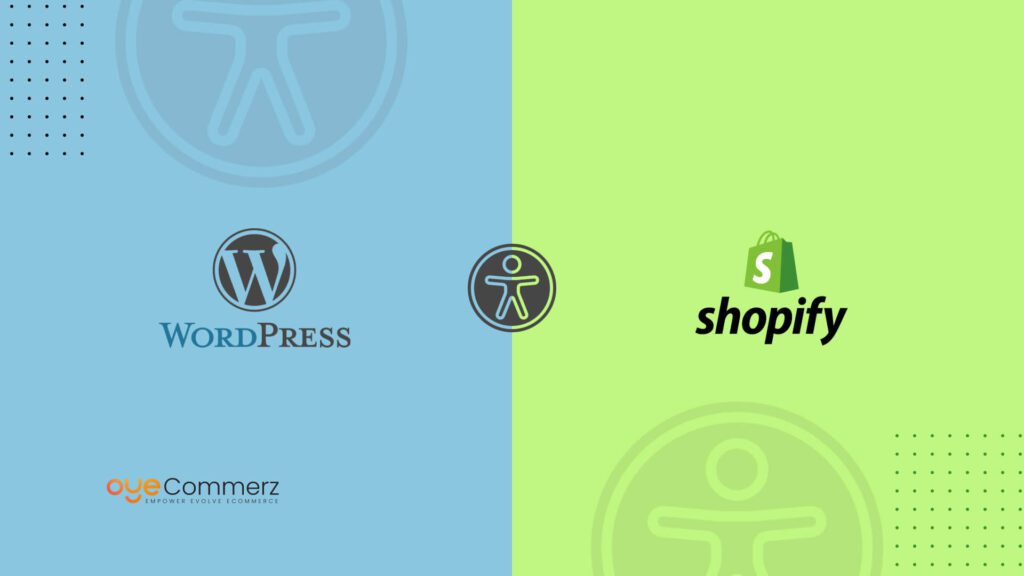In the ever-evolving landscape of digital commerce, choosing the right solution is vital for your business's success. If you’re at the moment using WP and considering a migration to Shopify, you’re not by yourself. Many businesses are switching to leverage Shopify’s comprehensive capabilities, user-friendliness, and expandability. This guide will guide you on the process of migrating from WordPress to this platform effortlessly, guaranteeing that you achieve your online retail potential.
Why Transition from WordPress to this platform?
Before exploring the migration process, it’s essential to realize why this transition can be beneficial for your eCommerce business:
Accessible Tools: Shopify features an user-friendly dashboard that simplifies store management, allowing for non-technical users.
Growth Potential: As your company expands, Shopify can accommodate greater traffic and sales without sacrificing efficiency.
Built-in Tools: Shopify comes with pre-installed resources for SEO, analytics, payment handling, and much more, eliminating the need for several plugins.
Robust Protection: With Shopify, you utilize strong security protocols that secure sensitive customer data.
Steps for a Effortless Migration
Migrating your online store from WordPress to Shopify includes several actions.
Here’s how to achieve a hassle-free transition:
Outline Your Migration Strategy
Start by drafting your migration plan. Decide on which components of your current site you plan to move, such as:
Product data
User details
Purchase logs
Blog content
Select the Appropriate Migration Solution
Considering your requirements, select a migration plan that suits your business. OyeCommerz delivers multiple choices:
Basic Migration Package: Ideal for compact stores with limited products.
Mid-Tier Plan: Suitable for mid-range businesses with intermediate demands.
Premium Migration Package: Best for high-volume stores needing extensive customization.
Secure Your Content
Before beginning the migration, make sure that you have a full backup of your WP site. This task is critical in case anything goes wrong during the transfer.
Export Your Information from WordPress
Leverage extensions or alternative solutions to export essential data from your WP site:
Inventory
Clients
Sales records
Articles
Import Data into Shopify
Once you have your information extracted, employ Shopify’s built-in features or external apps to transfer your content into your Shopify store. Verify that all information is correctly structured and arranged.
Customize Your Shopify Site
Once migrating information, adjust your Shopify store’s theme to match with your style. Think about working with a developer if you need advanced customization.
Set Up Checkout Systems and Shipping Options
Set up payment gateways and logistics options in Shopify to create a user-friendly checkout experience for Shopify built-in analytics customers.
Implement SEO Best Practices
To keep your online visibility during the change:
Implement 301 URL mappings from existing URLs to migrated ones.
Update descriptions.
Enhance images and content for SEO.
Evaluate Your Updated Platform
Ahead of publishing, extensively check your migrated platform. Identify any discrepancies, checkout failures, or incomplete files.
Go Live Your Platform
When everything is in place, it’s Shopify platform benefits the opportunity to go live! Inform the update to your customers and motivate them to experience the new capabilities of your Shopify store.
Post-Migration Guidance
Following launching your new store, ongoing assistance is essential. Explore engaging professionals who can help with:
Site maintenance
Marketing strategies
Performance optimization
Conclusion
Migrating from WP to Shopify can be a crucial decision for your eCommerce. By following this guide and leveraging tools like those offered by dedicated providers, you can guarantee a seamless transition that improves your business potential. Adapt to the shift and realize the full capabilities of Shopify today!
